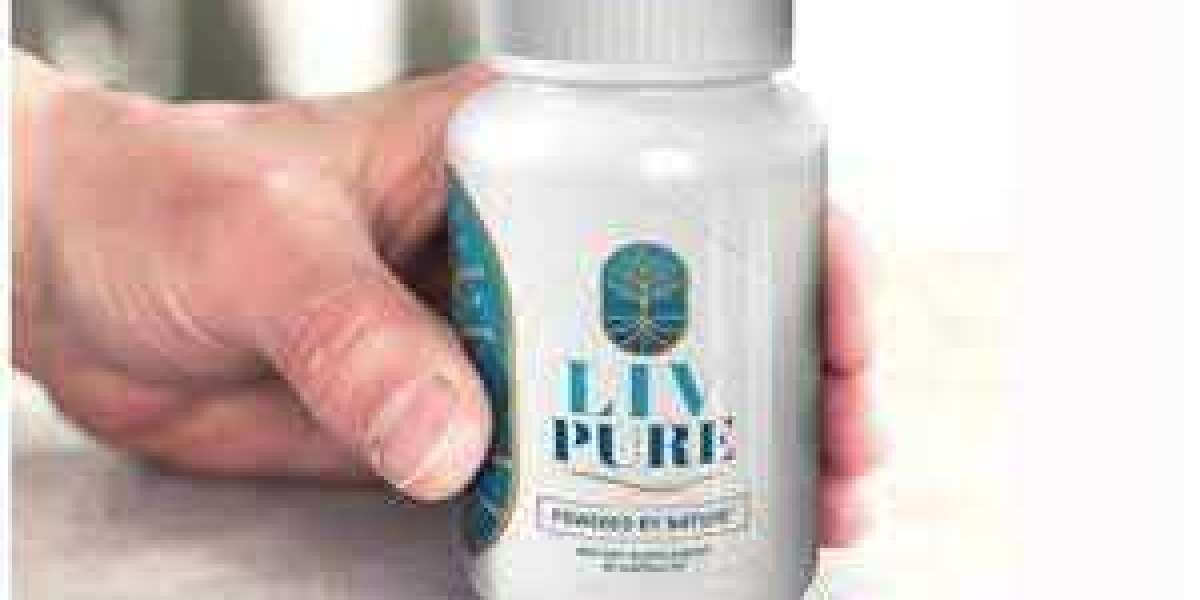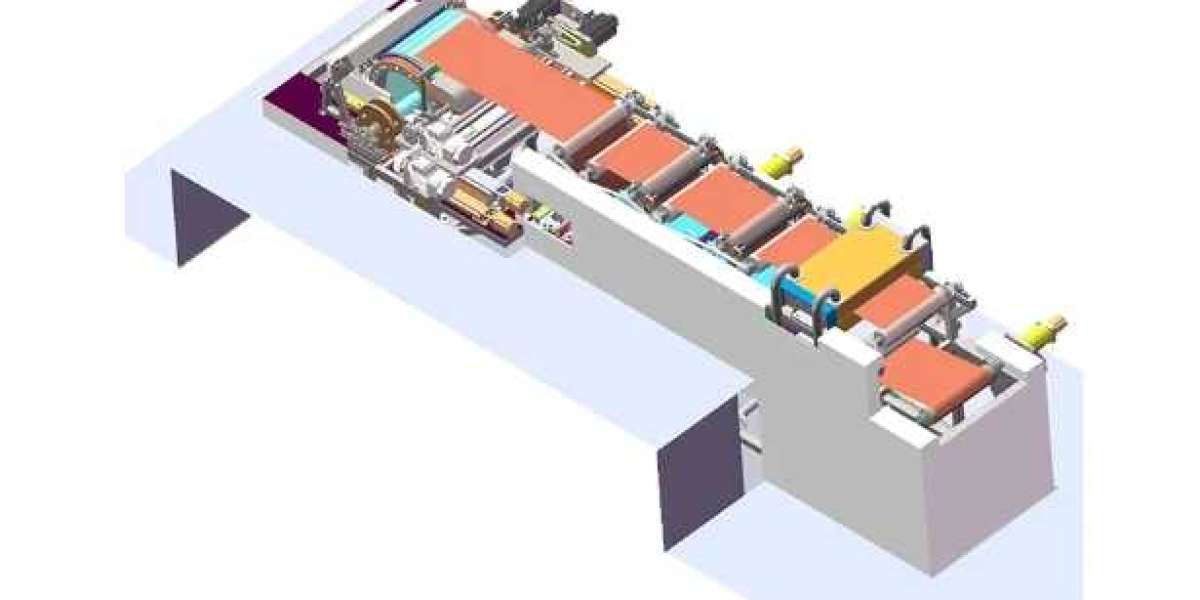Revolutionizing the world of tires, Polyisobutylene (PIB) has emerged as a game-changer in enhancing tire performance. The mere mention of PIB might not ring any bells for most people, but its impact on the tires we use every day is truly remarkable. From increased durability to improved fuel efficiency, PIB has proven itself as an indispensable ingredient in the recipe for high-performance tires.
The Role of PIB in Tire Performance
Polyisobutylene (PIB) plays a crucial role in enhancing tire performance. It is a versatile polymer that is commonly used in the manufacturing process of tires. PIB acts as a viscoelastic material, meaning it provides both viscosity and elasticity to the tire.
One important role of PIB is its ability to reduce rolling resistance. Rolling resistance refers to the force required for a tire to move forward on the road surface. By incorporating PIB into the tire compound, manufacturers can effectively decrease rolling resistance, resulting in improved fuel efficiency and reduced carbon emissions.
In addition to reducing rolling resistance, PIB also enhances wet grip performance. Wet grip refers to how well a tire maintains traction on wet surfaces such as rain-soaked roads. The incorporation of PIB in the tread compound allows for better dispersion of water and improves contact between the tire and road surface, thereby enhancing safety during wet driving conditions.
Furthermore, PIB helps improve tread life by providing excellent wear resistance properties. Tires with enhanced wear resistance are less prone to premature wearing or cracking under various driving conditions. This ensures longer-lasting tires that offer better mileage for drivers.
Moreover, PIB aids in maintaining tire flexibility at low temperatures. This is particularly beneficial for winter or all-season tires as it enables them to maintain their grip on slippery or icy surfaces even when temperatures drop significantly.
Polyisobutylene (PIB) has proven itself indispensable in optimizing tire performance across various aspects such as reducing rolling resistance, improving wet grip capabilities, increasing tread life span, and ensuring flexibility at low temperatures. Its versatility makes it an essential component in modern-day tires that cater not only to fuel efficiency but also safety and durability requirements.

Benefits of Using PIB in Tires
When it comes to tire performance, every little detail matters. And one component that plays a significant role in enhancing tire performance is Polyisobutylene (PIB). PIB, a type of synthetic rubber, has been widely used in the manufacturing of tires due to its numerous benefits.
PIB improves the fuel efficiency of vehicles. It helps reduce rolling resistance by ensuring better contact between the tire and the road surface. This means less energy is required to keep the tires moving forward, resulting in improved fuel economy.
PIB enhances wet traction and grip on slippery surfaces. Its unique molecular structure allows for better water dispersion and increased traction when driving on wet roads. This not only improves safety but also provides a smoother and more comfortable ride.
Furthermore, PIB helps extend tire life by reducing wear and tear. Its high resistance to heat and aging prevents degradation over time. With PIB-infused tires, drivers can enjoy longer-lasting tread patterns and optimal performance throughout the lifespan of their tires.
Moreover, using PIB in tires results in reduced noise levels during driving. The elastic properties of this synthetic rubber help dampen vibrations caused by uneven road surfaces or bumps along the way. As a result, drivers experience quieter rides with minimal noise disturbances.
In addition to these benefits, PIB also contributes to better handling and stability on various road conditions. Its excellent elasticity ensures consistent grip on different terrains while providing improved control during cornering or sudden maneuvers.
Incorporating Polyisobutylene (PIB) into tire manufacturing brings several advantages that enhance overall tire performance - from improved fuel efficiency and wet traction to extended lifespan and reduced noise levels. So next time you're shopping for new tires or considering an upgrade for your vehicle's performance, look out for those that utilize this remarkable compound!
Types of Tires that Use PIB
Polyisobutylene (PIB) is a versatile polymer that finds its way into various types of tires, enhancing their performance in unique ways. One such type is the all-season tire, which is designed to provide optimal grip and traction on both wet and dry roads. By incorporating PIB into the tire compound, manufacturers can achieve improved tread flexibility, resulting in better contact with the road surface.
Another type of tire that benefits from PIB is the high-performance tire. These tires are engineered for maximum speed and handling capabilities. The addition of PIB helps to enhance sidewall stiffness and reduce rolling resistance, leading to improved cornering stability and fuel efficiency.
Winter tires also utilize PIB for its cold weather performance properties. With its low glass transition temperature, PIB remains flexible even in freezing conditions. This allows winter tires to maintain good traction on icy or snowy roads.
Off-road or all-terrain tires also benefit from the use of PIB due to its ability to improve cut resistance and tread life. Additionally, by reducing heat build-up within the rubber compound, PIB helps these tires withstand harsh conditions encountered off-road.
The incorporation of Polyisobutylene (PIB) plays a crucial role in enhancing different types of tires' performance characteristics across various driving conditions.

Conclusion
Polyisobutylene (PIB) plays a vital role in improving tire performance. Its unique properties make it an ideal additive for tire manufacturers looking to improve product safety, durability and fuel efficiency.
By increasing the tire's flexibility and strength, PIB helps reduce rolling resistance and improve overall traction on wet and dry surfaces. This not only enhances the vehicle's handling but also helps improve fuel economy.
In addition, PIB's excellent air-tightness makes it a key ingredient in reducing tire deflation rates. This means tires with PIB are less likely to lose pressure over time, improving road safety.
Additionally, the use of PIB in the tire manufacturing process improves heat dissipation capabilities. This is essential to prevent overheating during long journeys or high-speed driving conditions.
Adding polyisobutylene to tires offers many benefits, helping to improve performance and extend service life. As technology in the automotive industry continues to advance, we can expect further developments and improvements in tire manufacturing technology involving this versatile polymer.








